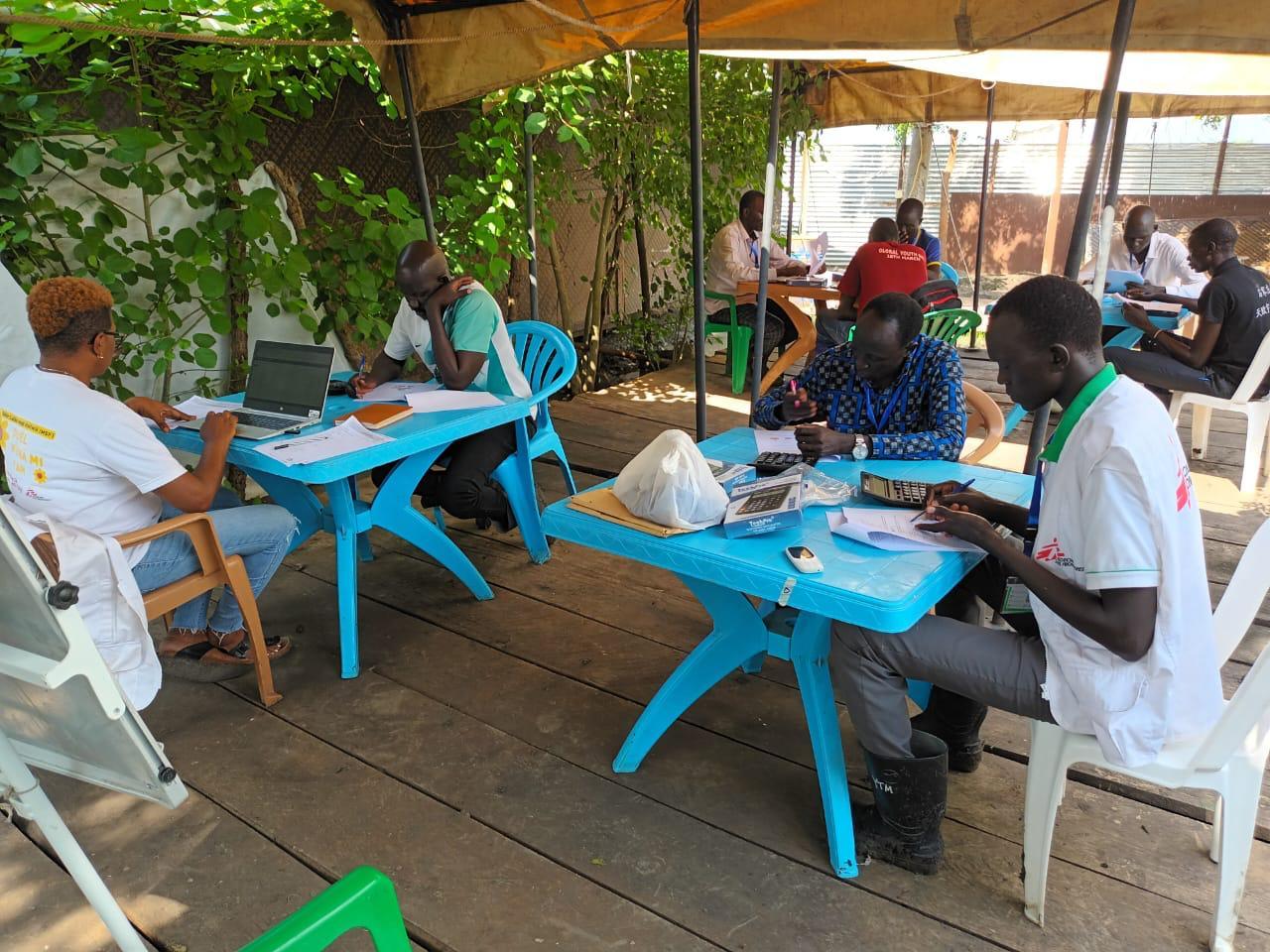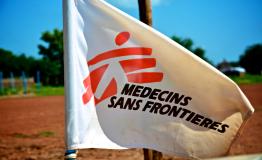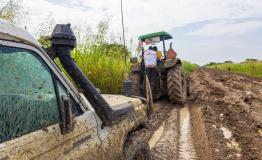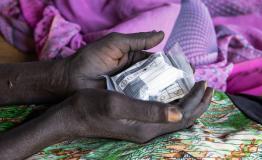The scorching sun shines as I move about Maruwa village, in South Sudan. Here, far from a conventional hospital, my mission unfolds. I'm Caroline Omeddo, a nurse activity manager with Médecins Sans Frontières/Doctors Without Borders (MSF).
Unlike a typical hospital, the MSF project in Maruwa is a primary healthcare unit. These aren't your average clinic patients – they're pastoralists, constantly migrating with their cattle in search of grazing with the seasons.
We cannot wait for these patients to come to us -we must follow them wherever they go. By providing outreach services. Packing our medical supplies, we venture out to cattle camps and temporary settlements where the pastoralists gather. Vaccination, a shield against preventable diseases, and vital antenatal care for expectant mothers are lifelines in such an environment. It's a journey fraught with challenges, from navigating rough terrain to overcoming language barriers.
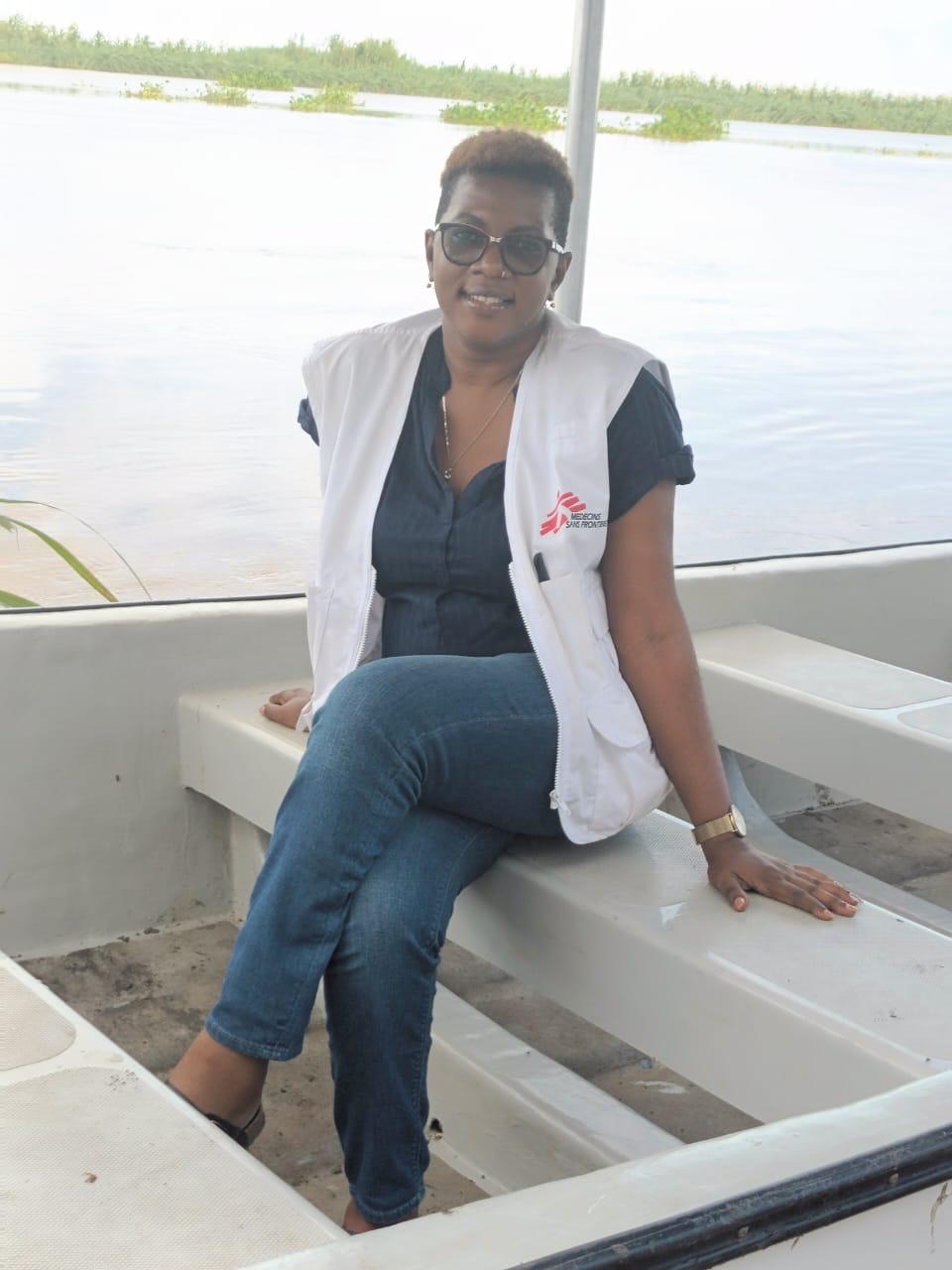
Relying solely on MSF staff wouldn't be enough; bridging the gap are the Community Health Assistants (CHAs). They are trained by our team to become healthcare focal points within their communities. We help them to diagnose and treat malaria - a major threat. The CHAs handle less complicated cases, while more critical situations are referred to our fixed facility. In a region where access to healthcare facilities is limited due to distance, they bridge that gap.
The stigma surrounding TB and HIV posed a significant barrier to treatment adherence. There was a lack of knowledge and understanding among the whole community. Through targeted training and sensitivity sessions, we worked to break down these barriers. We empowered our team first, who could then empower their patients. This shift not only encouraged patients to seek treatment but also fostered support groups within the HIV cohort, creating a sense of community and reducing drop-out rates.
When we witnessed the rise in sexual and gender-based violence (SGBV) cases and sexually transmitted infections among teenagers in the community, we responded by setting up youth-friendly services within our outpatient department. We educated people about safe sex practices and understanding the importance of prevention. It wasn't just about treating illness; it was about empowering a generation to make informed choices about their well-being, and their sexual health, fostering a culture of prevention and empowerment.
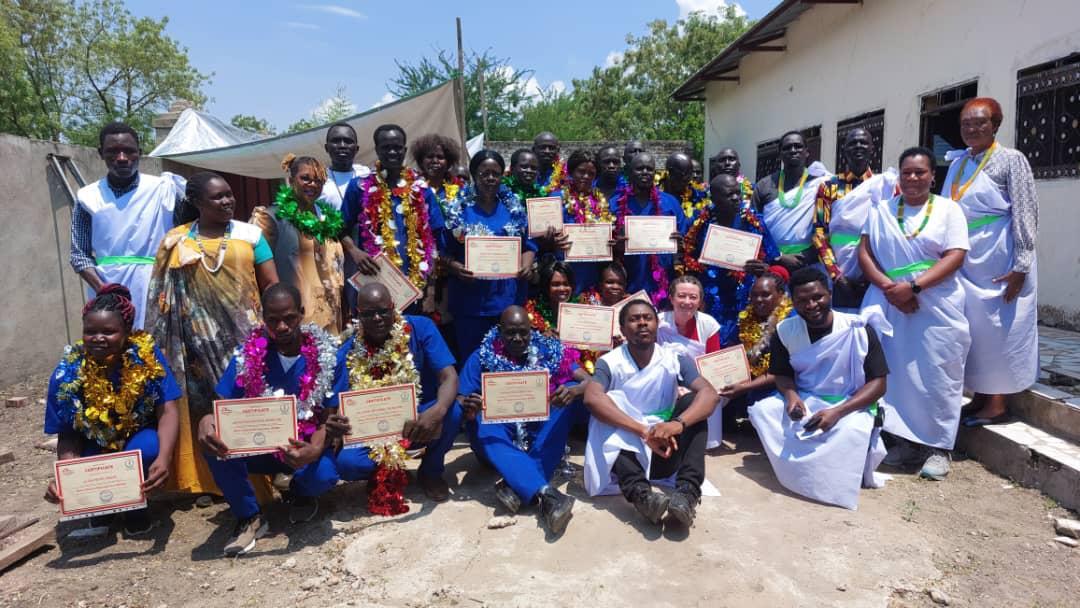
My journey did not stop there. In May 2022, I was part of the team that championed the implementation of the MSF academy – a training program aimed at empowering medical staff with essential clinical skills. Through this initiative, we witnessed an improvement in the performance and knowledge of the medical team, leading to enhancement in the quality of care provided to patients.
Today, Maruwa has a strengthened healthcare system and an empowered medical team.
I am reminded of the journey that has led me to this moment in my career as a nurse activity manager. Here, amidst the backdrop of pastoralist communities and vast cattle camps, I have found my purpose – to bring healthcare and hope to those who need it most. Looking ahead, I dream of a future where the communities I serve have access to not just primary healthcare, but also preventative measures, sanitation facilities, and better educational opportunities.
